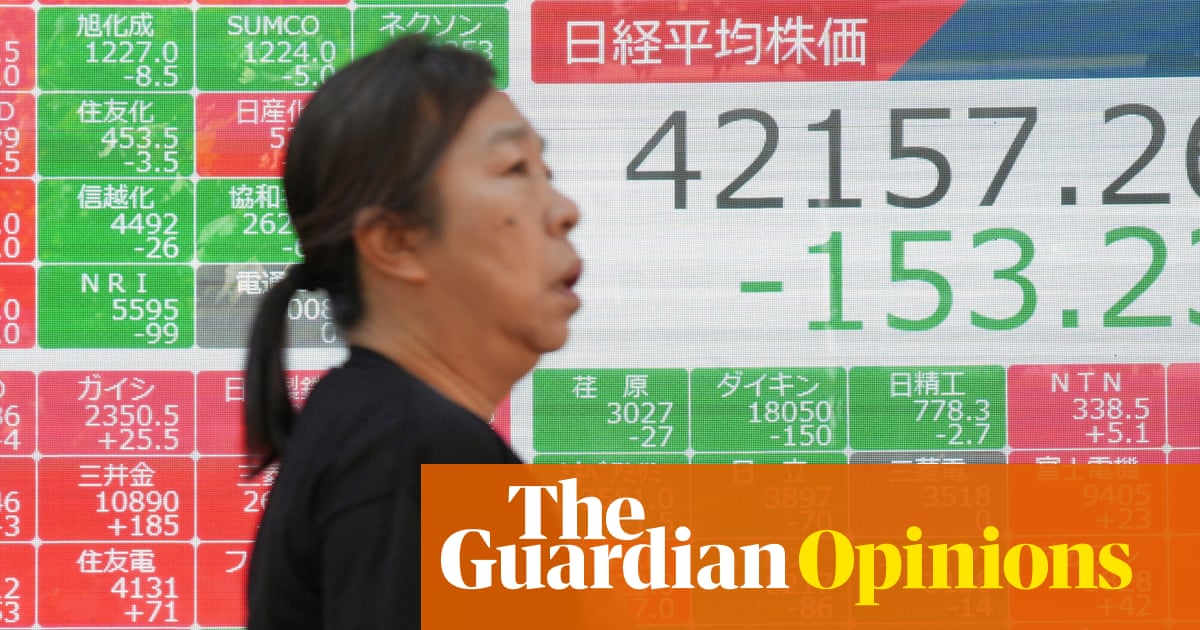
"In 1995, Nick Leeson, a 28-year-old trader for Barings Bank, brought down the City's oldest finance house by, among other things, betting that the Bank of Japan (BoJ) couldn't keep rates low forever after its financial crash led to a borrowing spree. The devastating Kobe earthquake was the final blow. The BoJ cut rates, bond prices rose and his losses spiralled to $1.4bn. His bet that markets would beat Japan brought down the bank."
"Japan, with its own currency and a central bank working with the government, shows how the state shapes markets, not the other way round. Britain seems to have forgotten this lesson with talk of bond vigilantes. True, the UK is very different from Japan. But in economic terms there are similarities: both borrow in their own currency; both have floating exchange rates; both are net importers of food and fuel, leaving them vulnerable to imported inflation."
"In the case of the pound and the yen, foreign exchange turnover exceeds trade by more than 100 times. However, interest rates, unemployment, inflation and trade flows are indicators that determine short-term currency prices disproportionately because whatever traders think is true becomes fact as it then moves the market. As George Soros noted, traders' perceptions matter, and are driven less by facts than by whether the City regards the government as competent."
In 1995 Nick Leeson's speculative wager that the Bank of Japan could not keep rates low culminated in Barings Bank's collapse after the BoJ cut rates and bond prices rose, leaving $1.4bn losses. The Kobe earthquake intensified the shock. Japan's coordination between its government and central bank demonstrates how the state can shape markets rather than be shaped by them. The UK shares some economic features with Japan—borrowing in its own currency, floating exchange rates, and vulnerability to imported inflation—yet lacks comparable resilience. Foreign exchange trading, driven by traders' perceptions and indicators like interest rates and inflation, can make market beliefs self-fulfilling. That dynamic supports running fiscal deficits to fund a green industrial strategy.
Read at www.theguardian.com
Unable to calculate read time
Collection
[
|
...
]